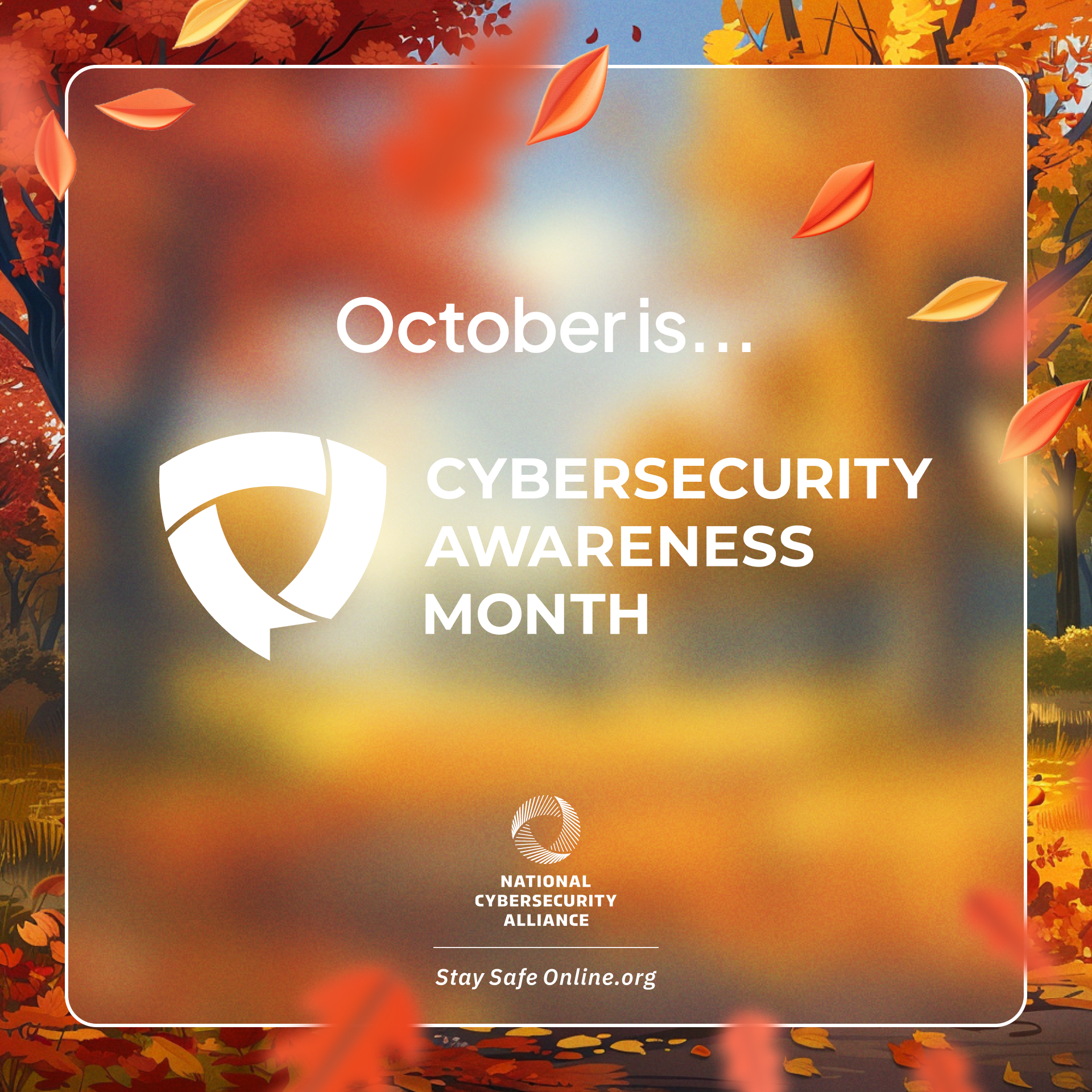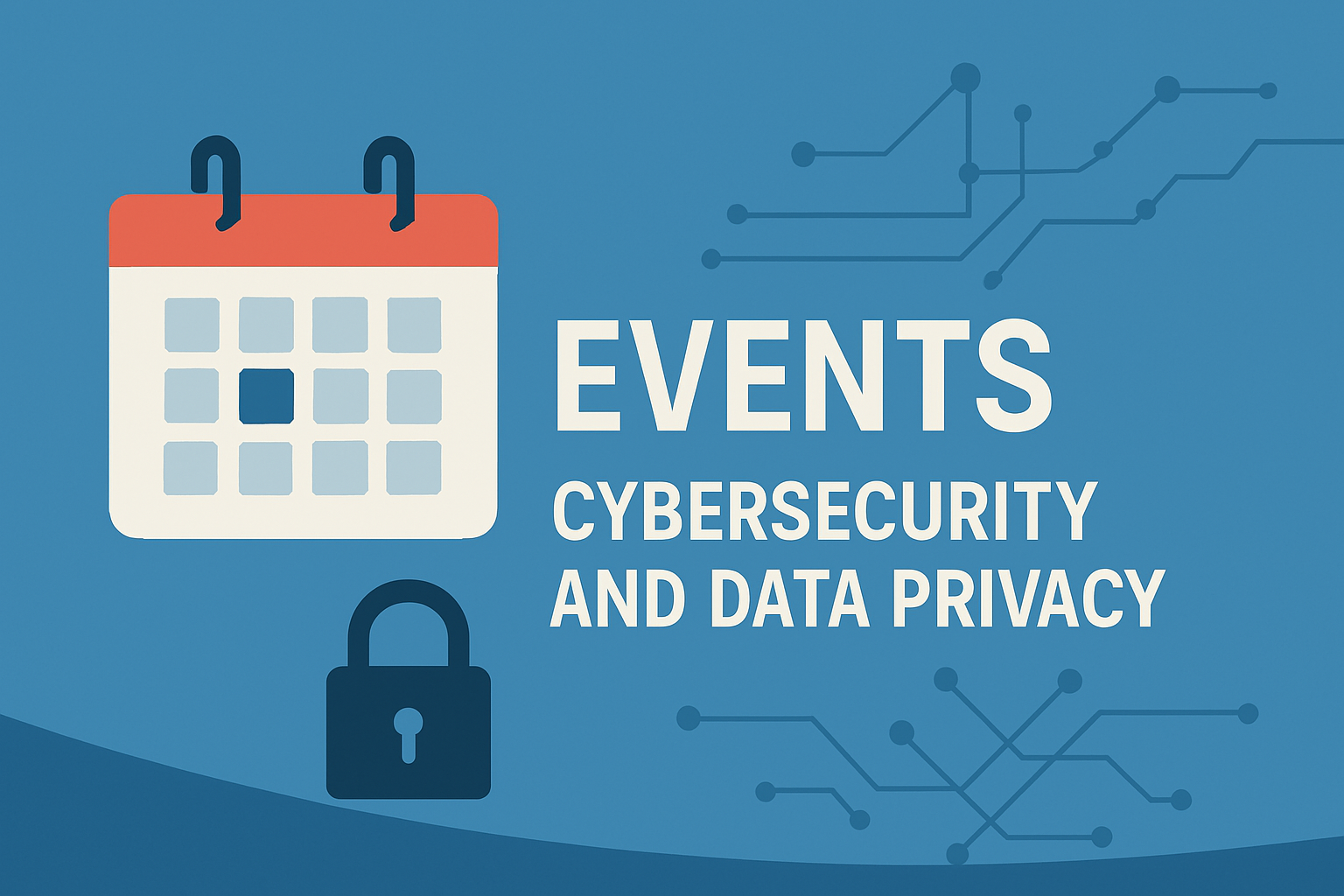Compliance: Just Not Good Enough
In a higher education world where cybersecurity, data protection and data privacy activities are bathed in multiple regulations, policies, procedures, standards and all the rest, what happens when victims claim, “compliance is just not good enough”?
The answer can be quite costly.
The March 2025 data breach incident at the Yale New Haven Health System (https://www.ynhhs.org/legal-notices) could potentially be such a case. Yale New Haven Health reported a data breach incident to the public on March 11, 2025, and a pair of 52-page federal lawsuits were filed on behalf of victims were already filed just over a month later. There are reports that as many as six additional suits were filed in the following days. A variety of law firms have created web pages where victims can seek legal engagement, so the number of suits could potentially increase.
It does not appear Yale New Haven Health is being accused of specifically failing to meet a given governmental regulation – such as HIPAA, PCI, GLBA, or a state breach notification law. The fact that a generic notification letter about the incident can be found at the Massachusetts Office of the Attorney General website implies at least that state’s requirements have been met.
But according to the Hartford Business Journal (https://www.hartfordbusiness.com/article/yale- new-haven-health-faces-lawsuits-over-data-breach-health-system-discloses-more-details), the suit claims Yale New Haven Health did not “…properly secure and safeguard Plaintiff ’s and Class Members’ sensitive personally identifiable information (PII) and personal health information (PHI), which, as a result, is now in criminal cyberthieves’ possession.” These lawsuits understandably infer that provider storing sensitive or confidential customer needs to use a portion of its revenue to fund customer data protection measures. The goal should be protecting data even beyond regulatory compliance demands.
A Big Year For Settlements
Beyond the question of governmental regulations and their relationship to lawsuits, there is no doubt higher education is suffering increased direct financial penalties resulting from data breaches.
Just one example from 2025 is the $2 million settlement of the class action data breach lawsuit against St. Louis University and SSM Health Saint Louis University Hospital from mid-April, stemming from the data breach of up to 93,000 individuals (https://www.hipaajournal.com/saint- louis-university-data-breach-lawsuit-settlement/). Besides the common practice of receiving identity theft protection benefits, claimants can receive up to $2,500 in unreimbursed expenses resulting from the breach. St. Louis University and SSM Health Saint Louis University Hospital are not alone, as various similar suits are on schedule to be settled later in 2025. Large or small, public or private, no institution appears immune.
Too Early? Too Late?
Another new lawsuit is among those that confront the long-debated ”time to notify the victims” issue. Michael Harris, a potential incoming student at Lee University, filed the suit against Lee in the U.S. District Court Eastern District of Tennessee (https://www.local3news.com/local-news/lee-university-sued-for-negligence-after-data-breach-impacts-thousands/article_ca5ecb44- 8872-4692-9dd8-4ce35defe574.html).
The lawsuit includes multiple complaints, among them is the claim that Lee waited for more than one year to notify the impacted individuals. One could argue notifying potential victims before all facts are known runs the risk of providing incomplete information. But waiting for an investigation to complete runs the risk of victims suffering the consequences of the breach without even knowing a breach of their information occurred.
Damage Over Dollars?
Of course, data breaches are often about a lot more than money. They hold the potential to devastate victims by inflicting non-economic temporary and sometimes even permanent damage. The recent takeover of the New York University (NYU) website by a hacker who briefly exposed NYU applicant information datasets back to 1989 (https://nyunews.com/news/2025/04/01/nyu-data-breach-lawsuits/) serves as a reminder.
Public policy – often via regulation – tries to limit the damage by requiring those who house sensitive and confidential data adhere to strict standards. But higher education institutions need to know that compliance with all regulations and data breach laws might not be enough.
These large settlements should provide institutions with a constant reminder.
Bill Balint is the owner of Haven Hill Services LLC, contracted as Trivigil’s Advisory CIO for Education.



